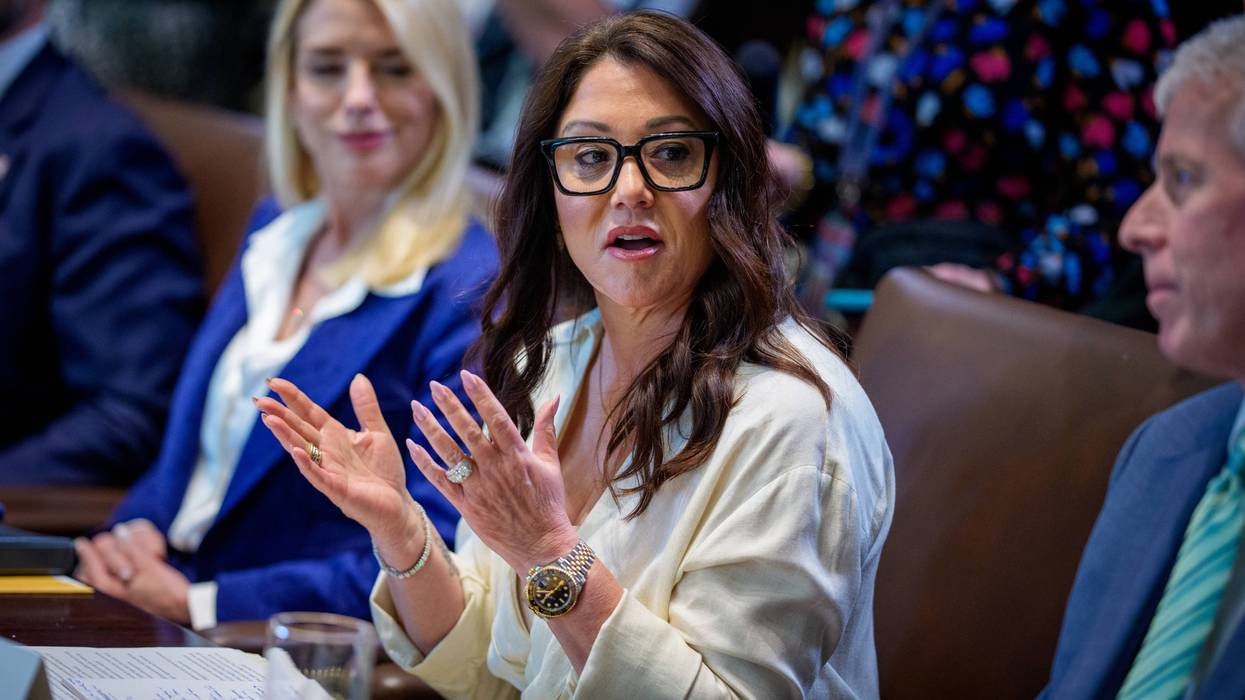A leading consumer group, the U.S. PIRG Education Fund, released the ninth in a series of reports that review complaints to the Consumer Financial Protection Bureau (CFPB). The latest report explores consumer complaints about medical debt, a major source of problems for consumers, since medical debt items on credit reports are often wrong or about the wrong consumer. The report also demonstrates the need to defend the CFPB from partisan and special interest attacks.
Medical debt collectors often employ aggressive tactics and attempt to collect debt from the wrong customers - putting consumers' credit records at risk. Medical debt accounts for more than half of all collection items that appear on consumer credit reports. Recognizing medical debt is both often mistaken and not a good indicator of future creditworthiness, leading credit score companies have begun to remove it from credit scores, but it still appears in credit reports.
"The CFPB is working tirelessly to stop unfair medical debt collection practices that harm innocent consumers, so why are some on Capitol Hill backing efforts to kill or weaken the CFPB?" asked Ed Mierzwinski, Consumer Program Director for PIRG. "This report provides strong, concrete evidence that CFPB Director Richard Cordray and the CFPB's oversight are effective in protecting consumers. Both the director and the bureau must be defended."
"The CFPB is an important partner in our efforts to protect consumers from unfair and deceptive debt collection practices," said Massachusetts Attorney General Maura Healey. "This report makes it even more clear how vital the work of this agency is."
Complaints submitted to the CFPB suggest that many consumers contacted about medical debt should not have been contacted in the first place, and that many contacts involve aggressive or inappropriate tactics. Key findings of the report "Medical Debt Malpractice," by the U.S. PIRG Education Fund and the Frontier Group include:
- Nearly two-thirds (63%) of 17,701 complaints about medical debt collection reviewed in the report assert either that the debt was never owed in the first place, it was already paid or discharged in bankruptcy, or it was not verified as the consumer's debt.
- Many complaints document inappropriate and aggressive tactics including frequent or repeated calls, calls harassing friends and family, threats of legal action, or the use of abusive language.
- Although impacts on credit reports are not categorized by the CFPB, they appear to be a significant source of complaints: 1,810 complaint narratives, or 35 percent of all medical complaint narratives submitted, contain the text "credit report."
"Medical debt collection is a system run amok," said Gideon Weissman of Frontier Group, report co-author. "Our analysis of CFPB complaint data suggests that many of the consumers facing harassment and damaged credit due to medical debt never owed any money in the first place."
"The CFPB has returned $11.8 Billion to 29 million consumers harmed by financial practices," said Mike Litt, U.S. PIRG Consumer Advocate. "This is an agency that works well and needs to be protected from rollbacks." He noted that opponents of the successful bureau seek to remove its director, eliminate its independent funding and restrict many of its powers to protect consumers.
The group noted powerful special-interests continue to spend many billions -- $2 billion on lobbying and campaign donations in 2015-2016 alone, according to the PIRG-backed Americans for Financial Reform, to weaken the CFPB and all of the Wall Street reforms enacted in 2010.
The report's key recommendations included the following:
- Stop debt collectors and buyers from collecting debts without proper information and documentation about the debt and records of prior communications with the consumer.
- Stop debt collectors from bringing robo-signed cases in court.
- Crack-down on widespread use of threats, harassment and embarrassment in debt collection, and make it easier for the consumer to demand a stop to unwanted communications.
- Protect servicemembers by strictly limiting contact with their commanders to verifications of address.
"Consumers deserve protection from unfair, aggressive, and illegal medical debt collection. Fortunately, they have a powerful resource in the CFPB, which has already taken multiple actions against collection companies that break the law while collecting medical debt," Ed Mierzwinski concluded. "Not only that, they need to preserve a strong CFPB because it's the one agency working to make financial markets fair for consumers."





